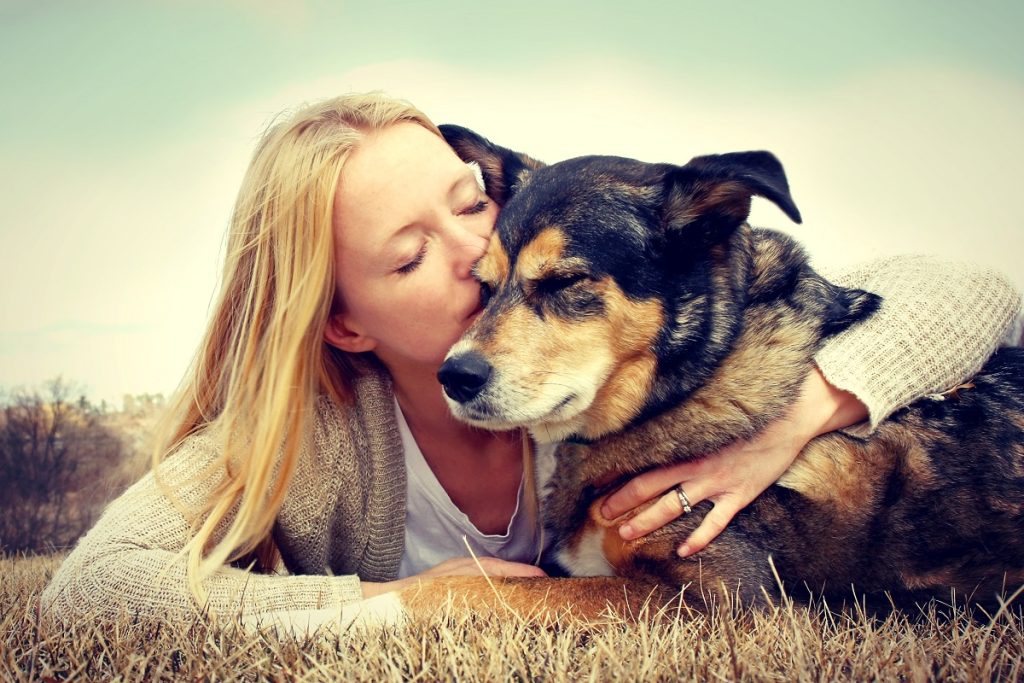- Consistency in training and setting clear boundaries are fundamental to preventing dog behavior issues.
- Socialization from a young age helps dogs develop necessary social skills and reduces fear or aggression.
- Regular exercise and mental stimulation can prevent destructive behaviors and improve dogs’ cognitive health.
- Positive reinforcement encourages good behavior, while professional assistance can help address specific behavior issues.
- Obedience training can strengthen the bond between owner and dog while teaching essential commands and behaviors.
Dog owners and animal lovers want their furry friends to be happy, healthy, and well-behaved. Unfortunately, behavior issues can arise in even the most well-trained dogs, which can be frustrating and challenging to resolve.
You can do many things to prevent behavior problems in your dog from developing in the first place. This blog post will discuss some of the most effective tips for building a well-behaved canine companion that will bring joy and happiness to your household.
Consistency is Key
Consistency is crucial when it comes to dog training. Every member of your family needs to be on the same page with regard to training and expectations. Your dog will be confused and not understand what is expected from them if one person allows the dog on the couch while another prohibits it.
Clear Boundaries
Establishing clear boundaries from the beginning will help your dog understand acceptable behavior and what is not. Rewarding good behavior consistently is important so your dog knows when they are doing something right.
Training Schedule
Another aspect of consistency to keep in mind is your training schedule. Dogs thrive on routine and structure, so it’s crucial to establish a consistent training schedule for them. This will help them understand when to listen and learn and when they can relax and play. Consistency in training also means using the same commands or cues every time.
Socialization is Essential
Socialization is another key aspect of preventing behavior issues in dogs. Exposing your dog to different people, animals, and environments from a young age will help them develop the social skills they need to interact with the world around them. Socialization can also help to prevent fear or aggression towards other dogs or people.
Positive Experience
One thing to keep in mind is that socialization should be a positive experience for your dog. If your dog shows signs of fear or anxiety, slow down and step back. Slow and steady wins the race when it comes to socialization.
Exercise and Mental Stimulation
Exercising your dog is not only great for their physical health but also helps to prevent behavior issues. Under-exercised and bored dogs are more likely to develop destructive behaviors such as chewing or digging. Providing your dog with plenty of physical exercise and mental stimulation will keep them happy, healthy, and well-behaved. This can include walks, running, playing fetch, and engaging in interactive play with toys such as puzzle feeders.
Cognitive Health

In addition to physical exercise, mental stimulation is essential for your dog’s cognitive health. This can include training sessions, teaching new tricks, and playing games like hide-and-seek or scent work. Mental stimulation keeps your dog’s mind sharp and can help tire them out and prevent boredom.
Positive Reinforcement
Positive reinforcement is one of the most effective training methods for dogs. This involves giving your dog rewards instead of punishing their bad behavior. In this situation, dogs respond much better to rewards than punishment, and positive reinforcement creates a positive association with desired behaviors. This can include treats, toys, and praise. Be sure to reward good behavior immediately so your dog understands what they are being rewarded for.
Needs and Wants
Positive reinforcement is not just about giving treats. It involves paying attention to your dog and understanding their needs and wants. By rewarding good behavior, you are encouraging your dog to repeat that behavior in the future. This can be especially helpful for training specific commands or behaviors.
Seek Professional Help When Needed
If you are experiencing behavior issues with your dog, don’t be afraid to seek professional help. A professional dog trainer can work with you and your dog to address issues and develop an effective training plan. Choosing a trainer who uses positive reinforcement methods and has experience working with your dog’s specific breed or type is essential.
Obedience Training

Obedience training can be a great way to build a strong bond with your dog and establish clear communication. It involves teaching your dog basic commands such as sit, stay, come, and heel. So, you should enroll your pet in a reputable dog obedience training course. This type of training helps with obedience, teaches your dog how to behave in different situations, and builds their confidence.
With consistency, socialization, exercise, positive reinforcement, and professional help when needed, you can build a well-behaved canine companion that will enrich your life in countless ways. Remember that every dog is unique and may require different training methods, so be patient and keep an open mind. Following these tips can set your dog up for a lifetime of happiness and good behavior.

